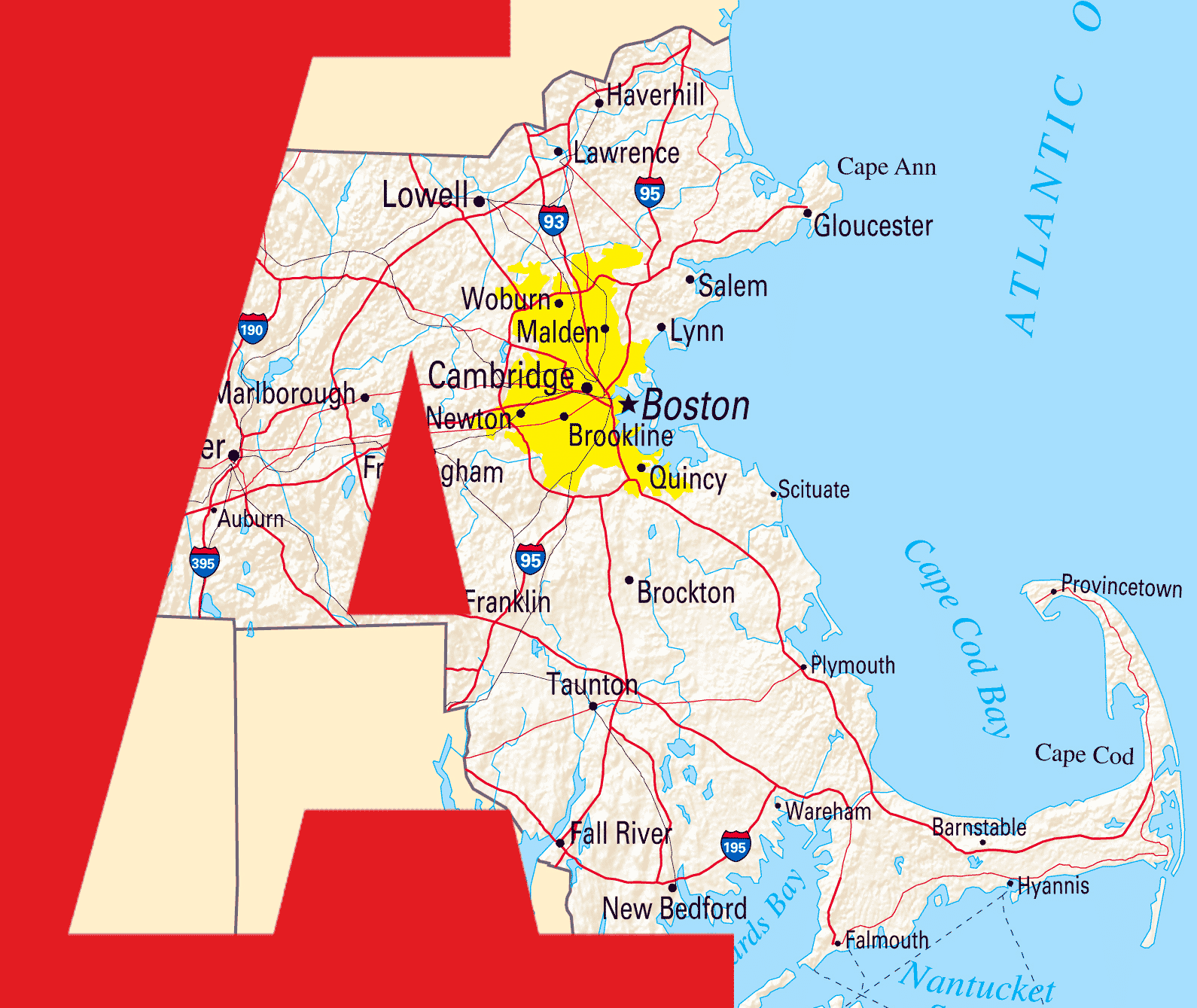There are several reasons to consider concrete sealing in Boston. For example, if you are from Massachusetts, you are most likely familiar with the cold climate that subjects buildings to freeze-thaw cycles. With such occurrences, it is not uncommon for concrete to crack, scale, and eventually crumble. Concrete sealing helps to prevent these things from happening.
Beyond cold season protection, MA concrete sealing from Abbot Building Restoration also provides resistance against abrasion, chemical reactions, discoloration, and staining. Now that the importance is evident, let us move on to the application and achieving the look you desire for your concrete surface.

Let’s talk sealers and aesthetics.
Typically, most chemically reactive sealers are virtually invisible. However, if the goal is to achieve significant color enhancement with a high-gloss appearance, solvent-based acrylic resin sealers and epoxies will do just that. Likewise, water-based acrylic resin sealers provide moderate color enhancement with satin finish whereas urethanes range from matte to gloss. Another bonus is that many sealers, regardless of the type, can be colored with translucent or opaque tints.
- Polyurethane Concrete Sealer. Suitable for interior and exterior use, this sealer is available in a range of sheens while providing a highly durable finish. The protective film provides superior chemical and abrasion resistance.
- Acrylic Concrete Sealer. Easy to apply and suitable for interior and exterior use, acrylic sealers protect while enhancing the color of decorative elements. Also available in a wide range of sheens, this choice is UV resistant and will not yellow.
- Epoxy. Unlike acrylic options, epoxies are non-porous, providing an added layer of protection against water penetration. Generally clear in color, epoxy creates a high-gloss finish on concrete surfaces.
While there are several other forms of sealer, the above mentioned tend to provide the most significant benefits and largest customization options for exterior concrete sealing. That said, you will also want to be sure that you utilize a penetrating concrete sealer.
What is a penetrating concrete sealer?
A penetrating sealer does what the name implies – penetrates the concrete surface to form a bond within. This bond then protects against moisture penetration and, ultimately, potential damage from the freeze-thaw cycle. With a natural matte finish, this option improves durability while maintaining the natural look of the building.
Concrete is among the most durable building materials available. However, with the proper care and maintenance, concrete can deteriorate. With expert Boston concrete sealing services from Abbot Building Restoration, you can rest assured that your building will be fully protected for years to come.
For more information on concrete sealing in Massachusetts, please contact our experts by calling (617) 445-0274.


